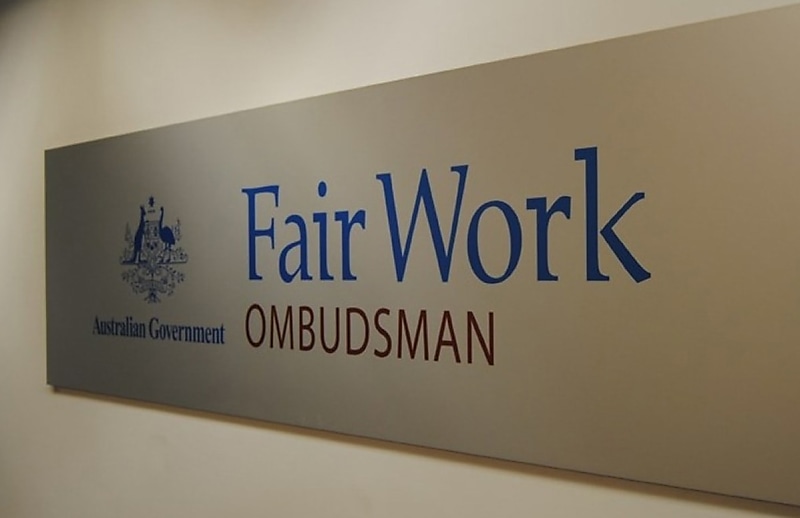You’re out of free articles for this month
The Fair Work Ombudsman said underpayment may be viewed as a criminal offence and wouldn’t include “honest” mistakes.
The FWO also said it couldn’t refer to a small business employer’s conduct for possible criminal prosecution if they were satisfied that they had complied with the code concerning an underpayment.
“A small business employer will comply with the Code if they don’t intend to underpay their employees. This will be assessed by looking at several factors. These factors aren’t new to compliant employers, instead they’re steps many already take as part of good business practice,” the FWO said.
“Even if an employer has complied with the Code, civil actions such as issuing a compliance notice or an enforceable undertaking may still be taken and civil penalties may still apply.”
A small business employer would have complied with the code if an underpayment was unintentional.
However, intentional conduct would include taking action, such as paying less than an employee’s minimum entitlements on purpose or failing to take action, such as not paying an employee on purpose.
The ombudsman said the code wasn’t a checklist, which would mean a small business employer wouldn’t need to show that they had met all factors.
“There is also not one factor that must be met to have complied with the Code. Where an underpayment has occurred, we’ll look at the overall picture and the business’ particular circumstances to determine whether the Code has been satisfied,” the FWO said.
The code would consist of eight factors that would apply to a small business employer if an underpayment had been made, all of which the FWO would thoroughly check.
The FWO said when it had decided if the code had complied with or not, the small business employer would be served with written notice of the decision about whether they had or hadn’t satisfied the code.
“If an employer satisfies the Code, we can’t refer to the employer’s conduct for possible criminal prosecution. We may still consider civil enforcement options if necessary, such as compliance notice, enforceable undertaking and litigation,” it said.
To help SMEs tackle the looming workplace laws, the Council of Small Business Organisations Australia (COSBOA) released a guide outlining the key aspects of the new compliance code and its implications for small business operations.
COSBOA CEO Luke Achterstraat said the new code provided a framework for small businesses to follow to avoid criminal or civil sanctions.
The COSBOA guide included key compliance requirements to avoid civil or criminal penalties, resources, compliance support, an implementation timeline and ongoing compliance.
 Login
Login






